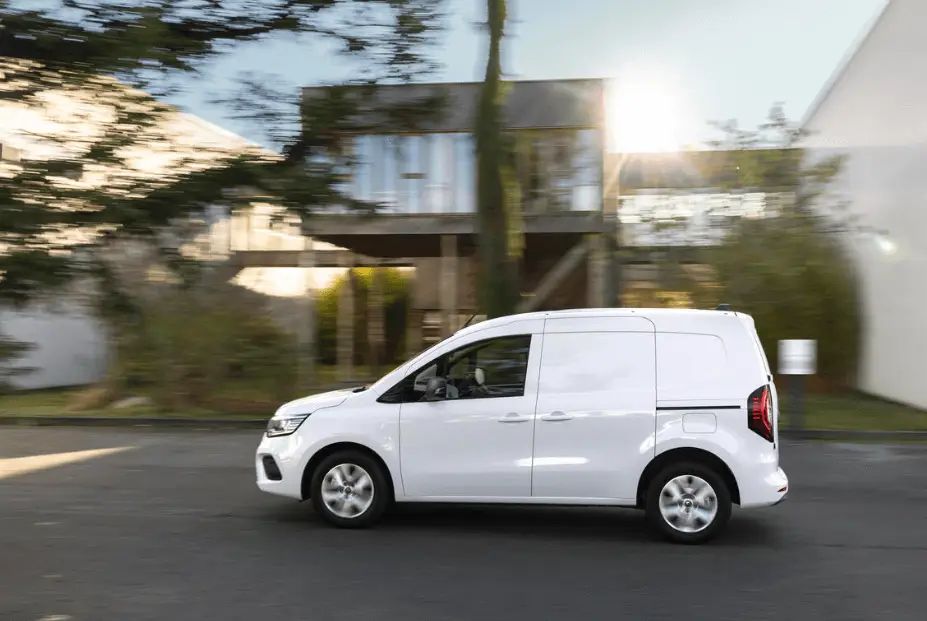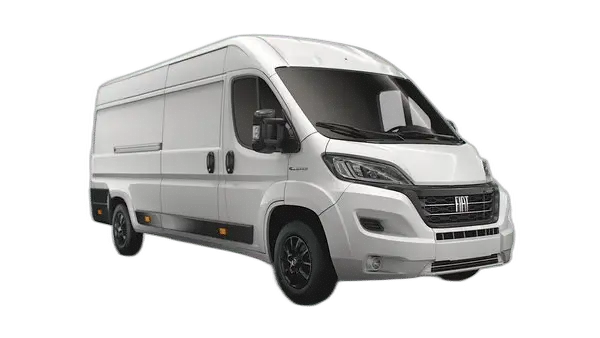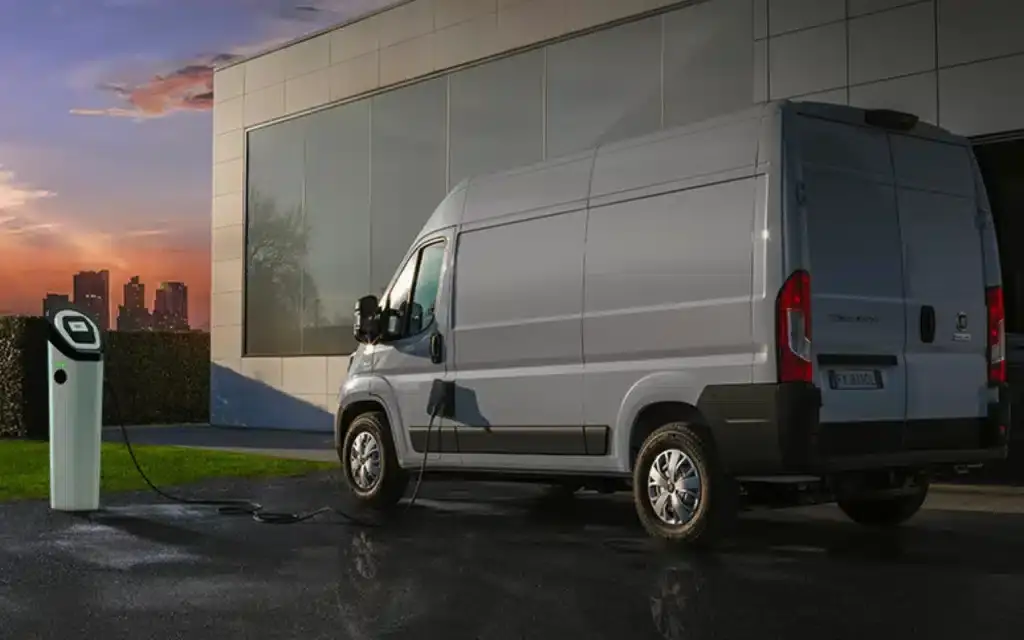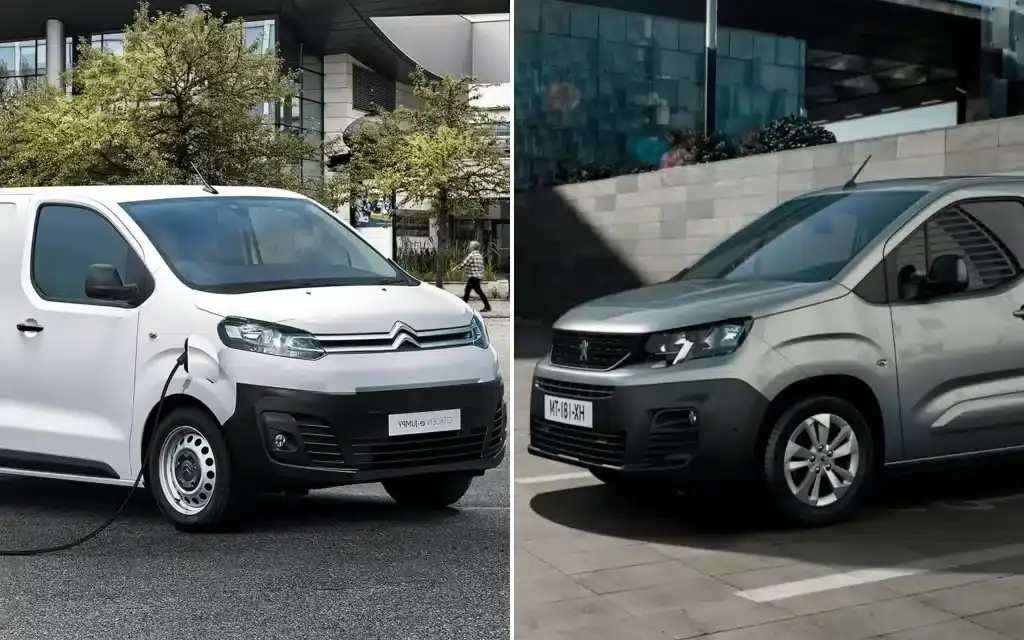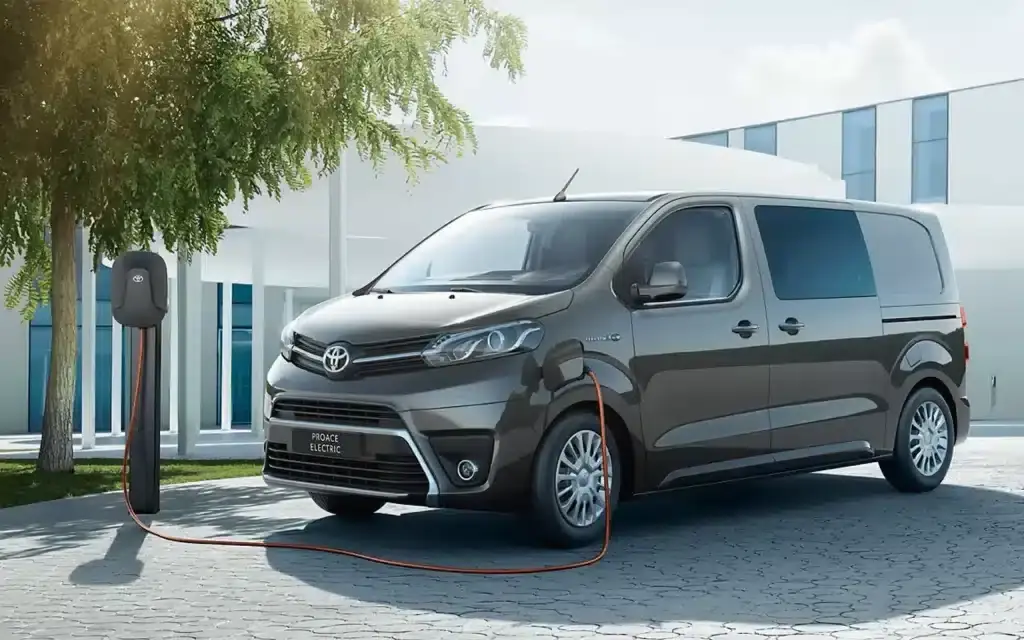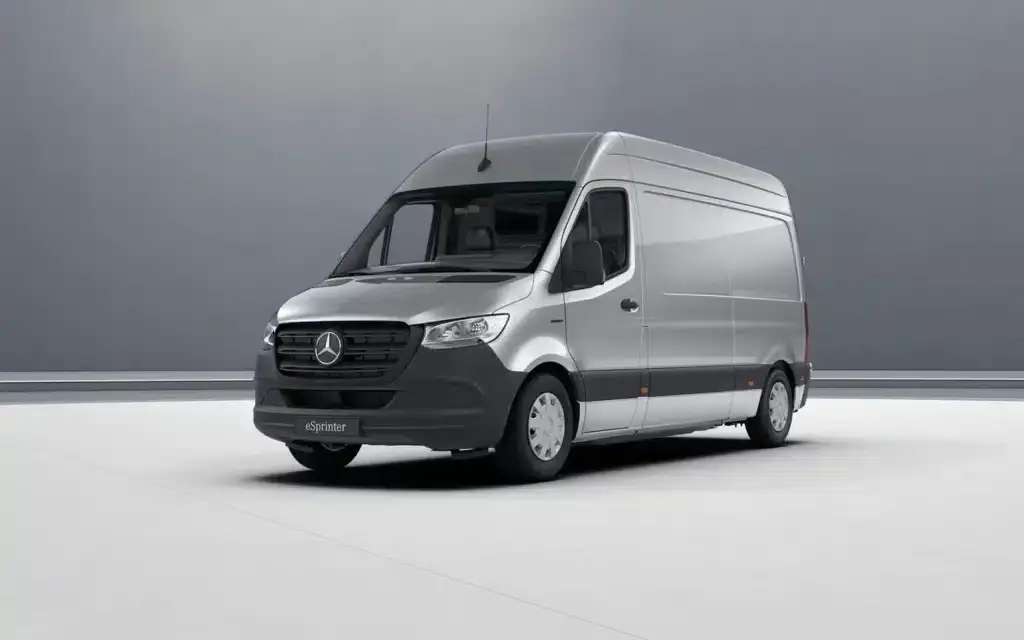From September 2019, the WLTP procedure and the RDE test have become the norm for all light commercial vehicles (LCVs). These new standards will determine the rate of pollution This will have a major impact on the purchase price of petrol and diesel vehicles.
Urban access regulations such as Low Emission Zone (ZFE) or the banning of the most polluting vehicles in towns such as Paris or Lyon are changing the game.
Also read → The EPZs for businesses: what are the changes?
As regulations become progressively more stringent, companies are need to be proactive and anticipate.
Through its regulations, the government is putting pressure on manufacturers to produce vehicles that consume less energy, but it's also up to you to plan ahead so that you know which models will still be on the road in years to come and which will also enable you to maximise the vehicle's residual value.
The electric commercial vehicles (LCVs) are becoming increasingly popular. With local authorities adopting stricter legislation against polluting vehicles in urban areas, electric vans are a good way of getting round this legislation and reducing costs and charges. Professionals and tradesmen can also take advantage of the tax benefits of electric commercial vehicles to offset the high initial purchase price. Depending on your region, you could save up to €15,000, not including the conversion allowance. Electric commercial vehicles are already available from brands such as Renault, Nissan, Peugeot and Citroën. Several brands such as Mercedes and Volkswagen will be entering the race in the coming months and years.
